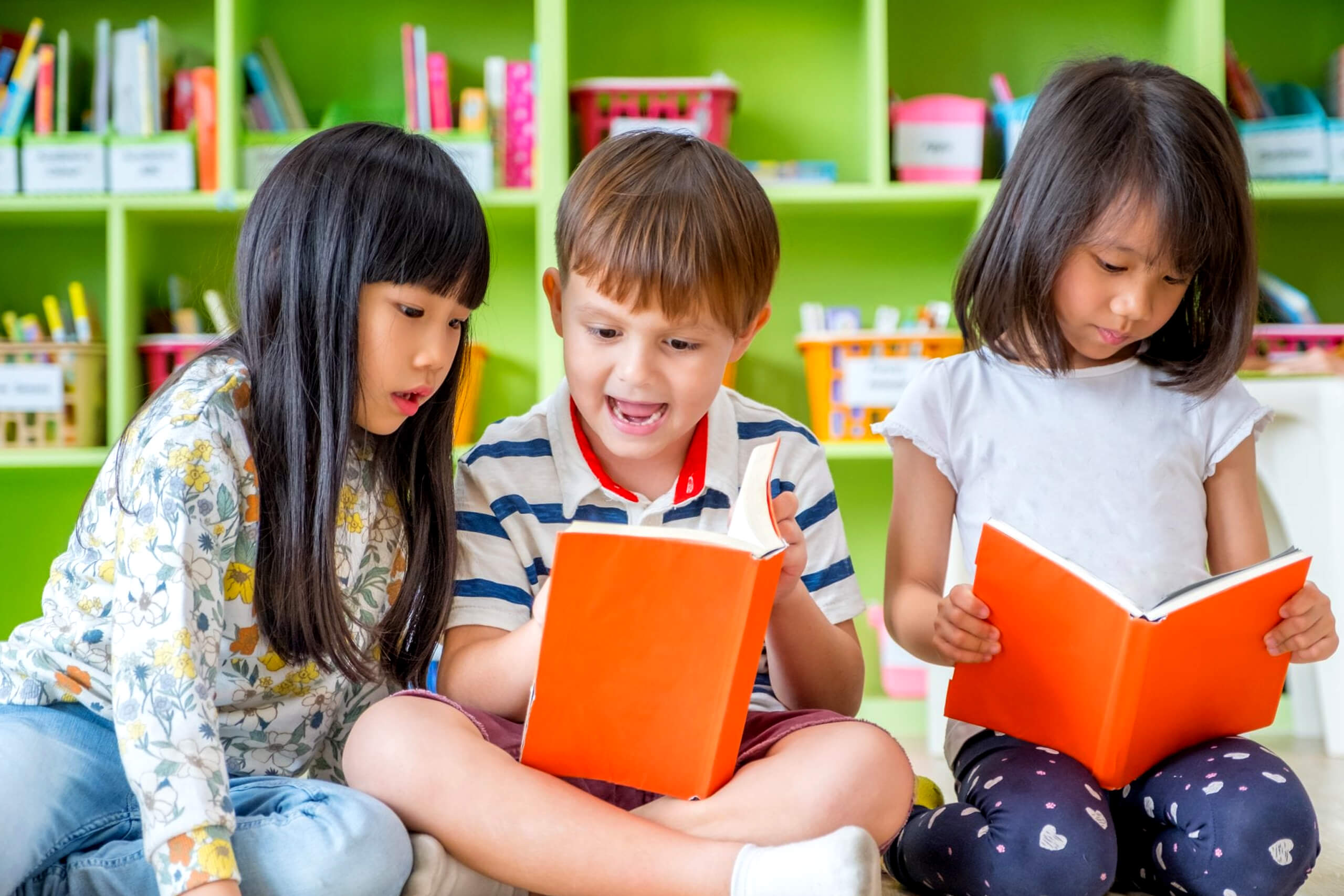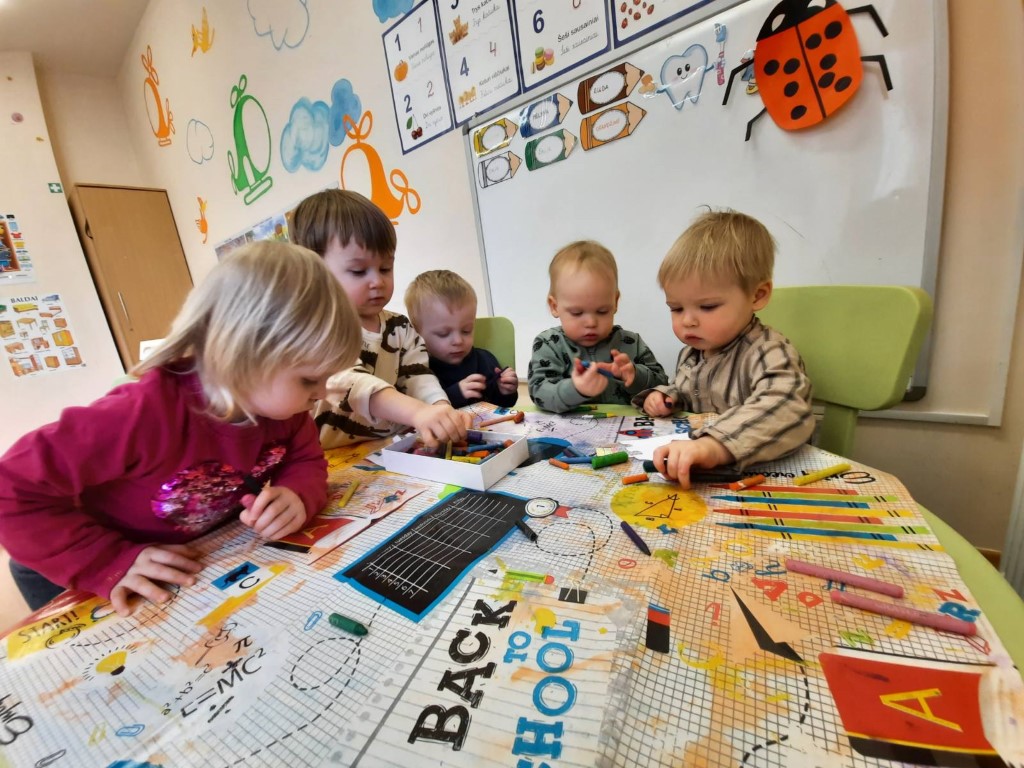When we think of learning, we often picture classrooms, books, and structured lessons. But for young children, learning looks very different. Play isn’t just recreation—it’s the foundation of education. Through carefully designed play-based programs, children develop the skills they need for school and life, all while having fun.
Building Social and Communication Skills
Play is one of the first ways children learn to interact with others. Children participate in group activities such as role-play, building projects, and outdoor games that encourage teamwork. They learn to share, take turns, and express themselves, which builds strong communication and cooperation skills. These early lessons in social interaction prepare children for positive relationships both in school and beyond.
Nurturing Emotional Development
Through play, children learn how to understand and manage emotions. Imaginative activities like role-playing as teachers, parents, or community helpers allow children to explore feelings of empathy, responsibility, and kindness. We provide gentle guidance during play, helping children navigate challenges and frustrations in healthy ways. This emotional support builds resilience and self-confidence, giving children the tools they need to thrive.
Strengthening Cognitive Growth
Play stimulates curiosity and problem-solving. Activities like puzzles, building with blocks, or counting objects help children develop early numeracy and literacy skills. Storytelling and role-play spark imagination and improve vocabulary, while hands-on activities encourage critical thinking. Every play activity is carefully designed to promote cognitive growth, making learning natural, engaging, and fun.
Supporting Physical Development
Physical play is essential for growing bodies. Children enjoy a balance of indoor and outdoor activities that build both fine and gross motor skills. Climbing, running, and balancing activities strengthen coordination and muscle development, while drawing, painting, and crafting improve hand-eye coordination and fine motor skills. Active play not only supports physical health but also builds confidence and independence.
Inspiring Creativity and Imagination
Play is a child’s most natural way of expressing creativity. Whether painting, storytelling, or engaging in pretend play, children at Gingerbread Kindergarten are encouraged to think outside the box. Creative play nurtures innovation, imagination, and a love for discovery—skills that will serve them well throughout their schooling and into adult life.
Preparing for School Readiness
Play-based learning is not just about fun—it’s about preparing children for the next stage of education. Play helps children develop focus, independence, and problem-solving abilities. They become comfortable with routines, learn to follow instructions, and gain confidence in group settings. By the time children move on to primary school, they are ready both academically and socially.
Final Thoughts
It builds essential social, emotional, cognitive, and physical skills while sparking joy and curiosity. By combining nurturing care with thoughtfully structured play-based learning, Ensures that children develop a love for learning and the confidence to take their next big steps.
Choosing a preschool or kindergarten that values play means giving your child the best possible start—and Gingerbread Kinder Garten is proud to provide exactly that.



